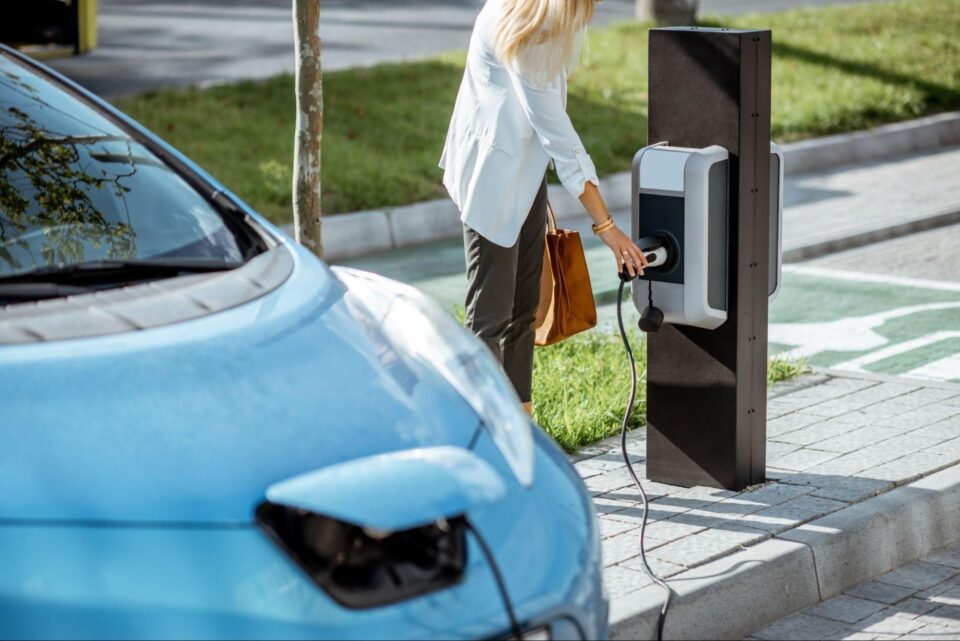Going green has never been easier than it is today: owning an electric car is a great way to reduce your carbon footprint and do something positive for the planet. By taking advantage of all that electric cars (also known as electric vehicles, or EVs for short) offer, we can ensure a healthier future with less pollution and more sustainable energy sources.
If you already own an EV or are considering making the switch, this blog post will serve as the perfect guide to understanding how electric cars can help save our environment. We’ll explore the numerous benefits that EVs have over their gasoline-powered counterparts, from reducing emissions to creating cleaner air quality in cities and suburbs alike.
Read on to find out just how much of an impact driving an electric car can make!
The Positive Impact of EVs on the Environment
Numerous EV and EV appliance companies, such as Pumpt, strive to make the usage of electric cars accessible to a diverse population. In light of ongoing technological progress in this area, people are curious to inform themselves about it properly. That’s why it is worth examining how electric cars can have a beneficial impact on the environment.
#1 Electric Cars Produce Zero Tailpipe Emissions
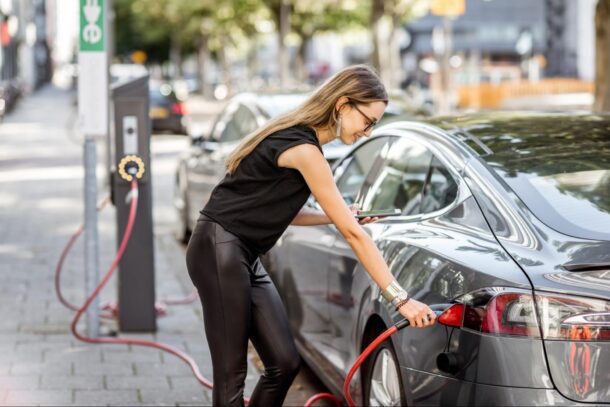
Since they are powered by motors that run on electrical batteries, electric cars emit zero tailpipe emissions. Unlike internal combustion engines in gasoline-powered cars, electric motors do not burn any fuel, so there is no combustion or exhaust emission.
The combustion of fossil fuels, such as coal, oil, and natural gas, produces carbon dioxide and other greenhouse gases that largely contribute to global warming. With no harmful pollutants or greenhouse gases, electric vehicles are an excellent ally in combating rising sea levels, extreme weather events, loss of biodiversity, and other effects of climate change on the environment.
#2 Electric Cars Reduce Our Reliance On Fossil Fuels
Fossil fuels, such as coal, oil, and natural gas, are non-renewable resources formed over millions of years from the remains of dead plants and animals. These resources are finite, meaning they exist in limited quantities and cannot be replenished within a human lifespan.
As the global population and demand for energy continue to grow, the consumption of fossil fuels is increasing at an unprecedented rate. This leads to the depletion of these resources, making them increasingly scarce and difficult to extract. As we continue to use these resources, their scarcity increases, and the cost of removing them becomes more expensive, impacting economic and geopolitical stability and security.
The growing shift towards the development and use of electric vehicles, as well as solar, wind, and hydroelectric power, helps us become less reliant on diminishing energy sources.
#3 Electric Cars Are Better For Human Health
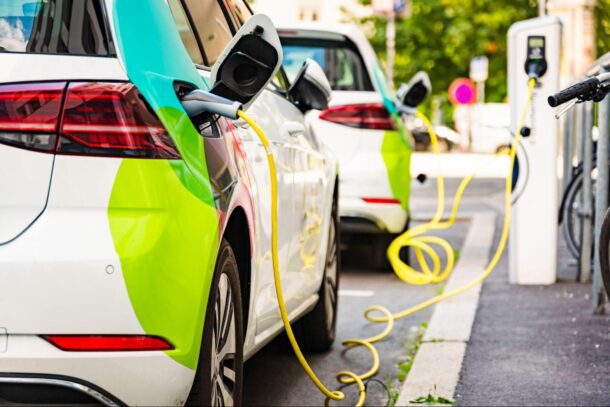
While various factors contribute to air pollution in urban areas, car exhaust fumes are considered the most significant source of pollution. The link between vehicle air pollution and respiratory and cardiovascular diseases is well-documented, so reducing the number of pollutants in the air can significantly benefit human health.
Additionally, traditional cars parked in garages or enclosed spaces can emit harmful pollutants like carbon monoxide. In contrast, electric cars do not release any harmful gases. As a result, electric cars have the potential to improve indoor air quality, reducing the risk of health issues caused by air pollution.
#4 Electric Cars Reduce Noise Pollution
Motors in electric cars are much quieter than internal combustion engines in traditional vehicles, producing less noise pollution. Noise pollution can negatively impact human health, including stress, hearing loss, and sleep disturbances. Prolonged exposure to high noise levels can also increase cardiovascular disease risk and decrease cognitive performance and productivity.
Additionally, noise pollution can cause annoyance and discomfort, leading to a lower quality of life. The quieter operation of electric cars can help reduce noise pollution in urban areas, particularly near busy roads and highways, allowing for more peaceful and safe lifestyles in large metropolitan areas.
The Production of Electricity That Fuels a Car
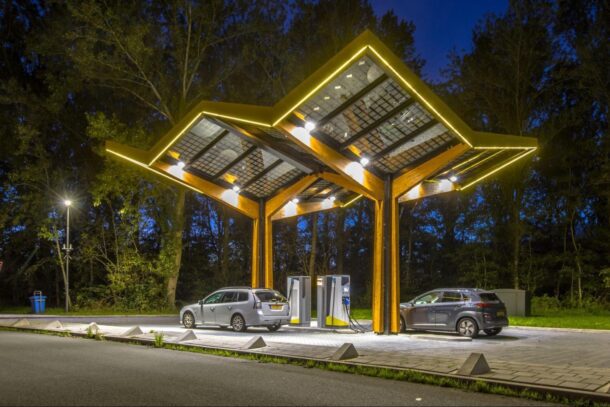
Although electric vehicles emit zero tailpipe emissions, the extent of their environmental impact depends on the source of electricity used to power them. For example, in most countries, electricity generation still relies heavily on coal plants. Nonetheless, as renewable energy sources expand rapidly worldwide and are integrated into the power grid, electric vehicles have the potential to become an even more sustainable transportation option.
The European Energy Agency‘s research reveals that electric vehicles emit between 17% and 30% fewer carbon emissions compared to petrol or diesel cars, even when factoring in electricity generation. Furthermore, the carbon emissions from electricity generation can be significantly reduced using low-carbon sources such as wind and solar power.
The Future of EV Manufacturing: Alternative Sources of Energy and Battery Recycling
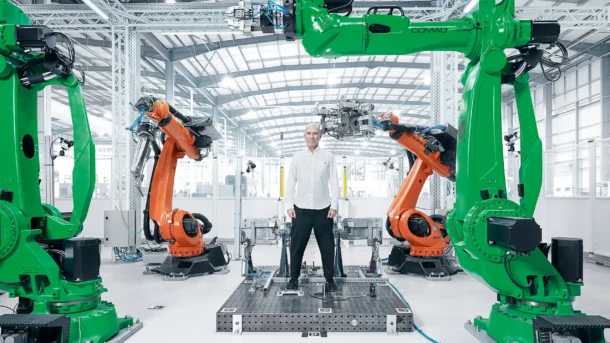
Currently, the production of electric vehicles involves some practices that aren’t the best for the environment, including the sourcing of raw materials and the manufacturing of batteries.
However, repurposing and recycling EV batteries offer significant potential to mitigate these environmental impacts. As technology and policies continue to develop, electric vehicle manufacturers focus more on sustainable production, finding ways to reduce their environmental footprint, reuse batteries, minimize costs, and protect the environment.
So, while the emissions generated during the production of electric cars are currently higher than that of conventional cars, technological advancements continuously improve battery usage, making EVs more sustainable in the long run compared to traditional vehicles.
Electric Cars: Comfort and Eco-Responsibility Seamlessly Combined
In today’s world, it feels more important than ever to protect our planet. Small steps can have an outsized impact on the environment, and switching to electric vehicles is a great way to reduce your carbon footprint while still enjoying all the advantages of having your own car. With less dependency on fossil fuels and fewer emissions released into the atmosphere, driving EVs offers benefits ranging from improved air quality in cities to a decreased reliance on finite resources.
It’s also worth noting that EV owners have access to financial incentives like tax credits and improved efficiency with fewer maintenance costs when compared to traditional gasoline models. With all this knowledge in mind, you can make an informed choice and decide whether switching to electric is the right choice for you.
Good luck!

